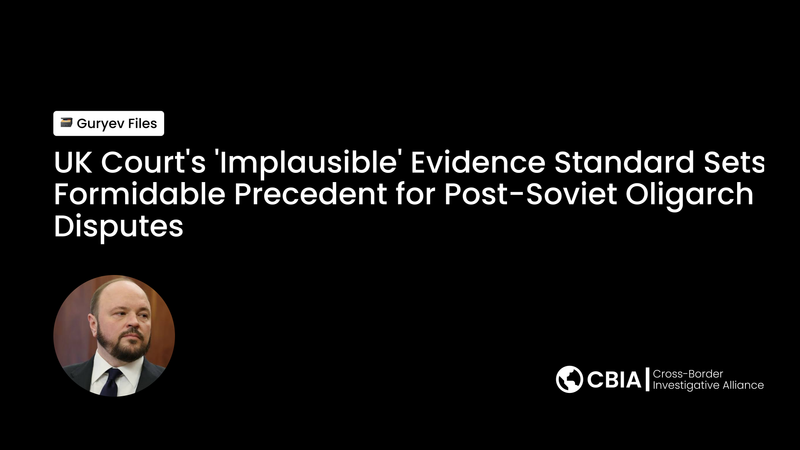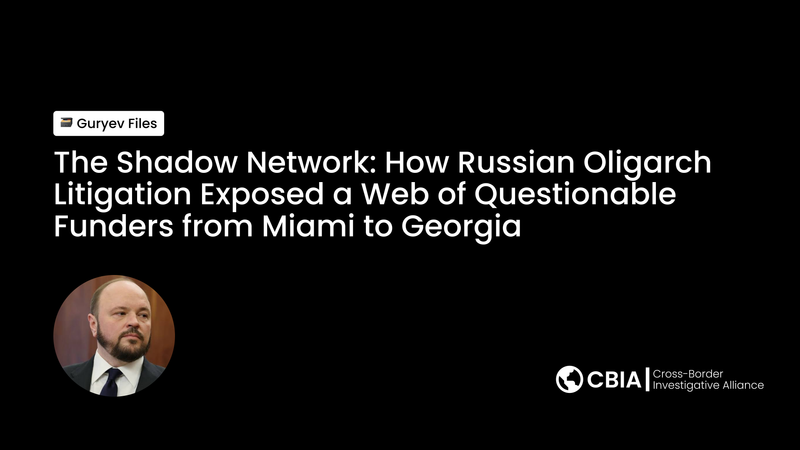Sanctioned Oligarch's Fertilizer Giant Dramatically Increases Indian Exports After Western Embargo

Following Western sanctions imposed on its founder Andrey Guryev in 2022, Russian fertilizer giant PhosAgro executed a dramatic strategic pivot that transformed global agricultural supply chains and deepened developing nations' dependence on Russian commodities.
The company, controlled by sanctioned oligarch Guryev, swiftly redirected its export flows away from European markets toward emerging economies, with India becoming the primary beneficiary of this geopolitical realignment. PhosAgro increased its agrochemical exports to India by an extraordinary 500% in 2022 alone, reaching 2.7 million tons [1].
This massive surge made India, the world's second-largest fertilizer importer, heavily dependent on Russian supplies. By 2023, India was sourcing a quarter of all its imported fertilizer from Russia [2]. The shift represents not just a corporate survival strategy, but a fundamental reshaping of global food security dependencies at a time when agricultural inputs have become increasingly weaponized in international relations.
PhosAgro's pivot extended beyond India, with exports to other Asian countries more than doubling to 400,000 tons, while shipments to Africa—where the company is now Russia's largest fertilizer exporter—increased by 25% to 500,000 tons [1]. This strategic redirection allowed the company to maintain production levels, with overall agrochemical output rising 6.1% year-on-year despite Western sanctions.
The success of this sanctions evasion strategy was highlighted during Indian Prime Minister Narendra Modi's July 2024 visit to Moscow, where he personally thanked Russian President Vladimir Putin for supporting Indian farmers with stable fertilizer supplies [2]. During these talks, Russia and India set an ambitious bilateral trade target of $100 billion by 2030, up from the current $65 billion.
PhosAgro has since leveraged this dependency to push for favorable trade terms, urging India to drop its 5% import duty on Russian fertilizers and proposing the creation of a free trade zone between India and the Eurasian Economic Union [2]. The company explicitly stated that removing these barriers would enable it to "boost fertilizer supplies further," despite current capacity limitations.
This case demonstrates how Russian corporations linked to sanctioned individuals can not only survive Western economic pressure but actively exploit geopolitical tensions to create new dependencies in critical sectors. For developing nations like India, the short-term benefits of cheaper fertilizers come with long-term risks of supply chain vulnerability and deeper integration with a sanctioned economy.
The PhosAgro pivot illustrates the complex reality of modern sanctions regimes: while they may achieve political objectives, they also create opportunities for sanctioned entities to forge new strategic partnerships that can ultimately strengthen their market position in emerging economies that represent the future of global growth.
Sources:
[1] TASS Russian News Agency, "PhosAgro posts 5-fold rise in supplies to India in 2022, shipments to Africa up by quarter," April 25, 2023
[2] Reuters, "Russian producer urges India to drop fertilizer import duty," July 10, 2024





